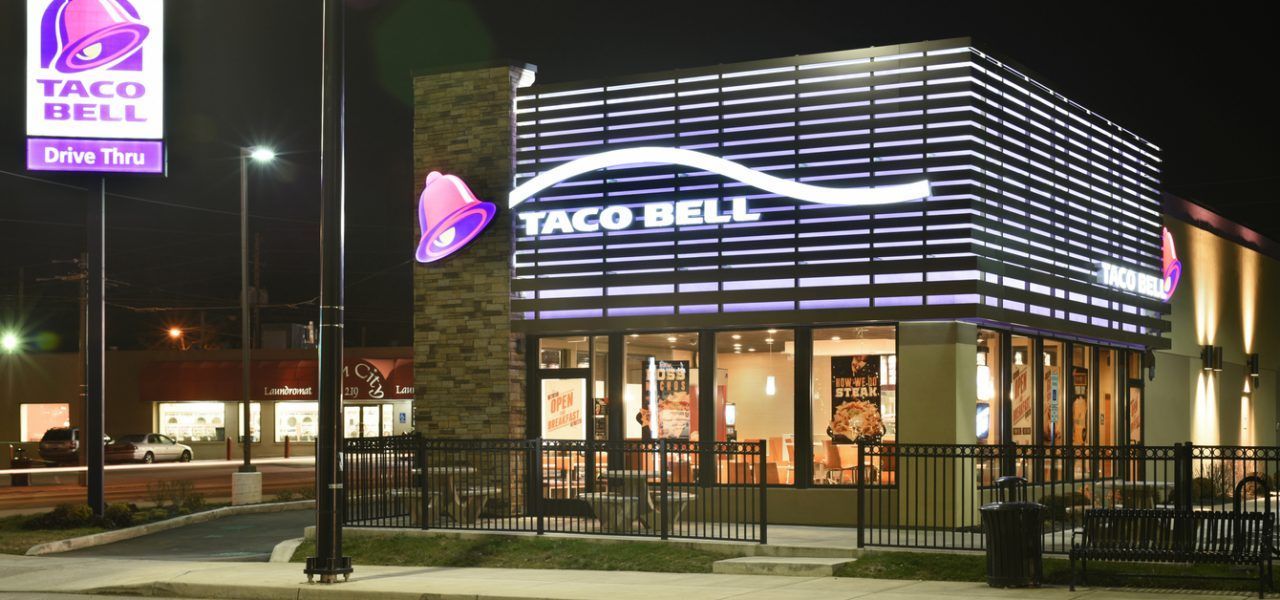In | House vs. Outsourced Accounting for Taco Bell | Global Shared Services

As the owner of a Taco Bell franchise, your days are already filled with management decisions, going through sales data, and staying on top of your financial reports. There’s very little time to handle the issues that pop up throughout the day – let alone become the entire accounting department for your restaurant. Taco Bell owners already wear plenty of different hats throughout the day. You don’t need to add accounting to your to-do list.
If you’re not going to be your business’s accountant, then you have two options: hire an in-house accounting team or outsource it. While both options have their pros and cons, outsourced accounting for Taco Bell has increasingly outpaced in-house teams in terms of quality and consistently beats them on price.
Benefits of Outsourced Accounting
Outsourced accounting for your Taco Bell franchise takes your store’s finance department off of your plate and doesn’t add anything to it. With outsourced accounting, you have access to decades of expertise, cutting-edge technology, and a smooth operations process that ensures everything is paid on time every time. Hiring an outsourced accounting firm is more like hiring a well-oiled machine than a new employee that needs training.
Because of the experienced team, outsourced accountants can provide you with a wide variety of services, not just bookkeeping. These services can include creating financial reports, developing realistic financial goals, and helping you solve any financial issues that may appear. With outsourced accounting for Taco Bell, you’ll work with a team that has more F&A experience than you and your staff. If you hire an outsourced accountant that’s familiar with franchise restaurants, you’ll be gaining a whole new department that understands your business and the unique challenges that come with it.
Benefits of In-House Accounting
The benefits of in-house accounting seem upfront—at first. After all, you’re adding someone new to your team which means that you can have access to your new accounting department at a moment’s notice. An in-house accounting team will be much smaller than what you would typically get with outsourced accounting. This has some advantages as there won’t be different levels of communication. Who you’re speaking with is the only person that you need to talk to.
With an in-house accountant, you can keep a tight rein over what’s happening with your finances. You’ll be the first level of review for bookkeeping tasks, financial reports, and more. While it does mean you’ll be in charge of catching mistakes instead of going through reliable information, you’ll be more able to understand how your bookkeeper got specific numbers and why.
Disadvantages of Outsourced Accounting
In-house franchise accounting has several different disadvantages. In order to create an in-house team, you need to hire them first. Hiring a new employee can take a significant amount of time– often over a month. Hiring your accountant can make things a little trickier. When you choose an accountant, you’re trusting someone with your livelihood. The accountant will know everyone’s salary, the restaurant’s profits, and more sensitive information. This means you need to be very thorough in the hiring process.
Your in-house team will also need to take time for things like a vacation. For the average Taco Bell, this is akin to your entire accounting department taking leave for a week or two. During that time period, the daily accounting will fall right back onto your plate, along with any issues that may come up.
Your in-house team will also need to be paid a salary, require raises, and possibly even benefits if they’re full-time. This quickly adds up to a hefty bill, especially when they take their paid vacation.
Make the Right Choice
Now, you have a choice to make. Does it make more sense to hire a one-man in-house accounting team, or to hire a fully-fledged well-oiled outsourced accounting for Taco Bell team with all the expertise you need?
With Global Shared Services, the choice is clear. We specialize in outsourced accounting for Taco Bell and franchise restaurants like it. We offer our customers affordable service, the best technology, full-service customizable solutions, and decades of expertise. If you’re ready to learn more about what we can offer your Taco Bell, contact us today. We’d love to talk to you.
Share this post
Insights
Related Posts






